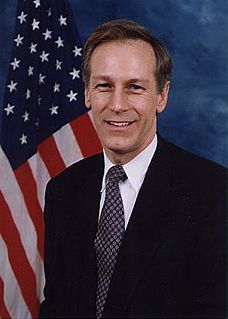A Quote by Jane Jacobs
Writing, printing, and the Internet give a false sense of security about the permanence of culture.
Related Quotes
In one sense, the Internet is like the discovery of the printing press, only it's very different. The printing press gave us access to recorded knowledge. The Internet gives us access, not just to knowledge, but to the intelligence contained in people's crania, access to the intelligence of people on a global basis.
That's one thing brands are understanding is, I'm the blogger who's not writing about fashion. I'm not writing about beauty. I'm not writing about gossip. I'm not writing about politics. I'm writing about all of that. I'm the person they can come to if they just want to reach people who care and have their fingers on pop culture.
"Once there, always there", would give you less freedom than you recently enjoyed, but more security. Security not in the sense of safety from terrorists, burglars, or pickpockets... but security in the sense of knowing where you are, who you are, on what kind of future you can count, what will happen, whether you will preserve your position in society or whether you will be degraded and humiliated - this sort of security. This sort of security for many, many people - a rising number of people - looks at the moment more attractive than more freedom.





































